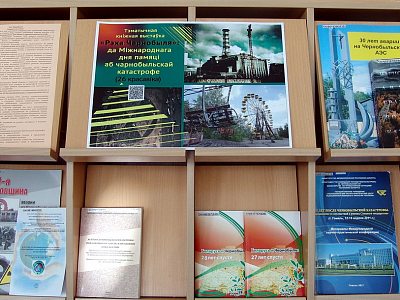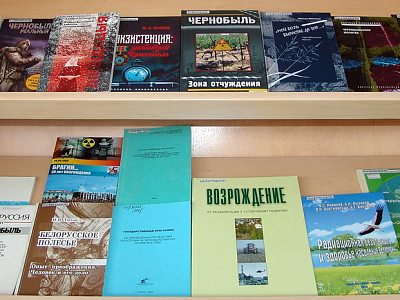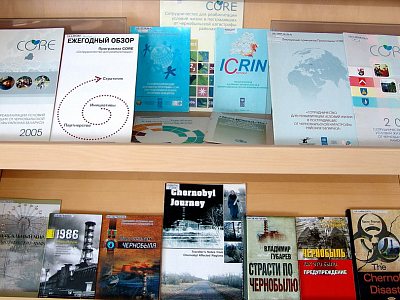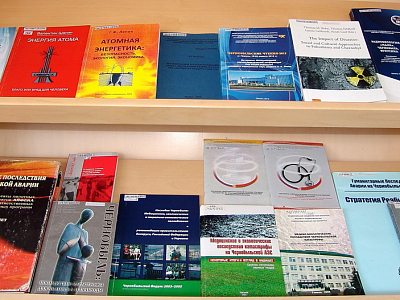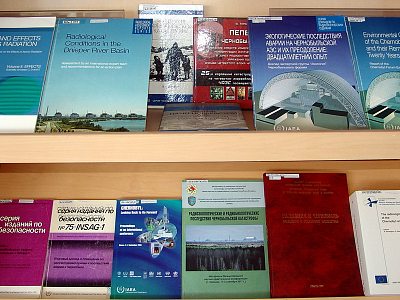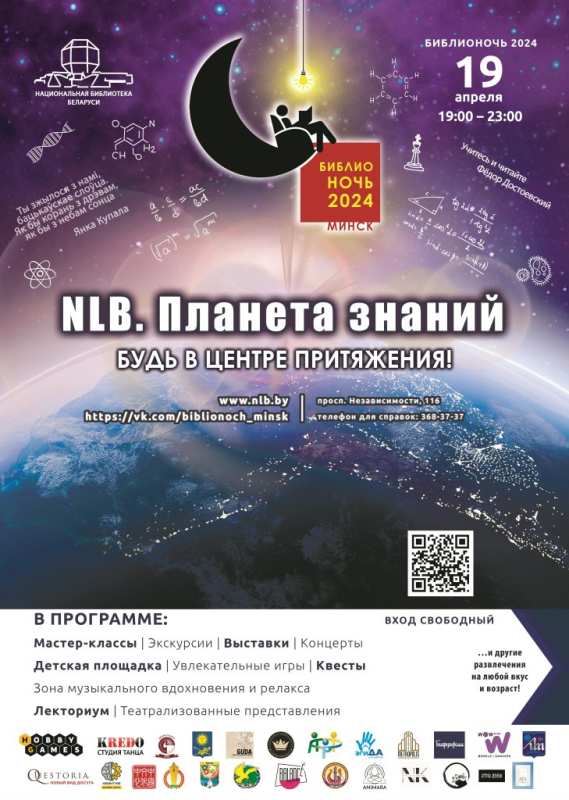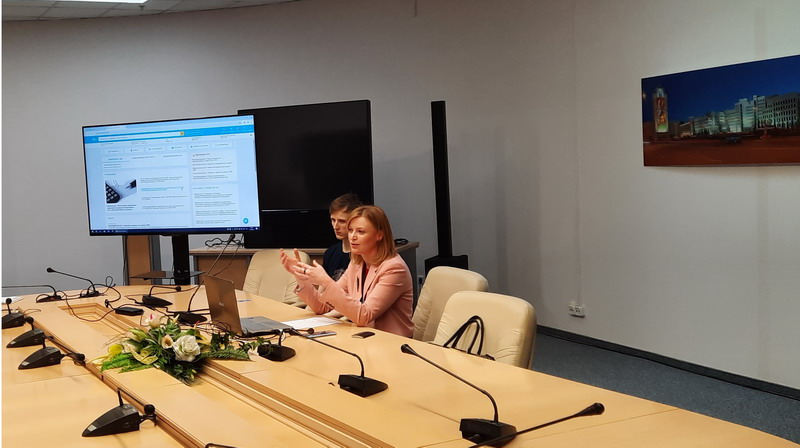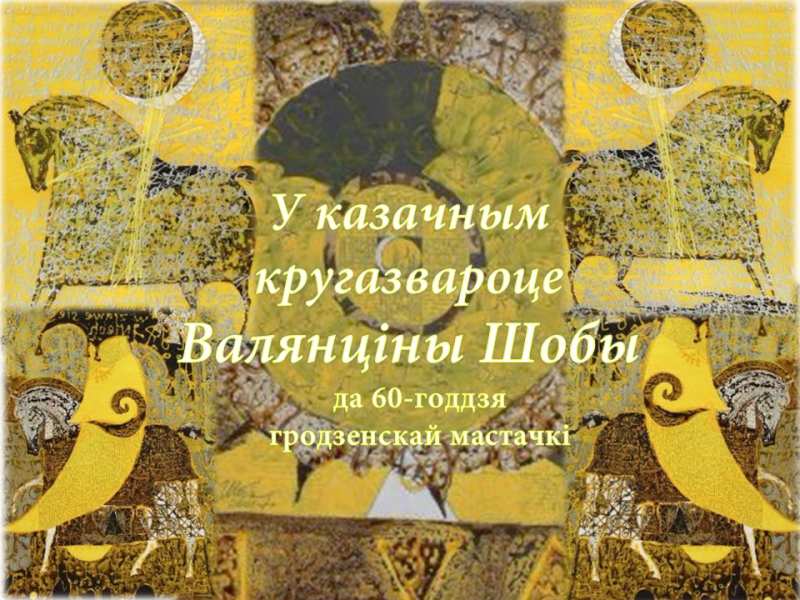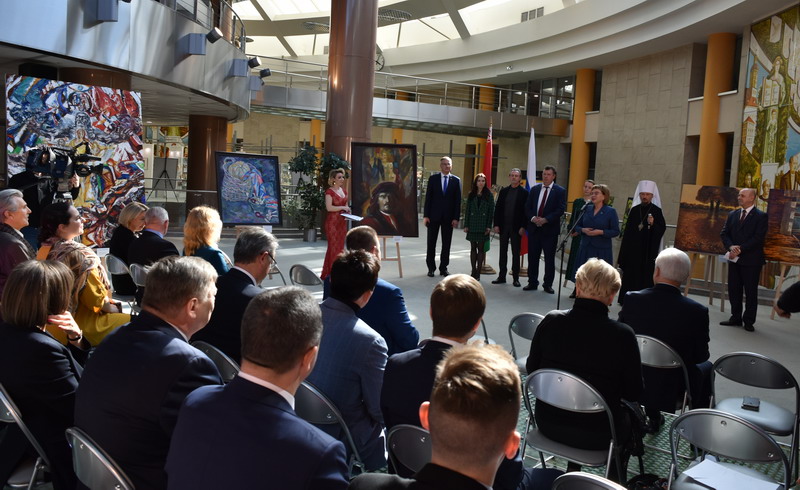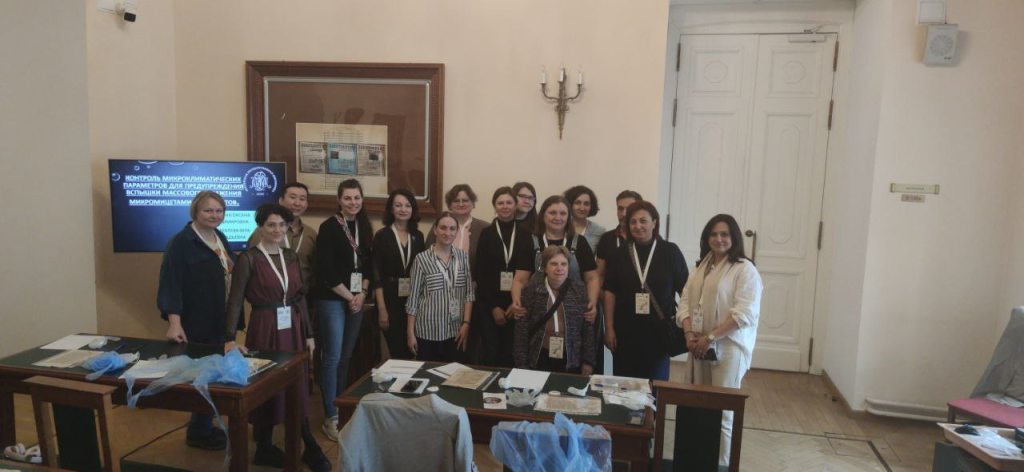The exhibition " Echo of Chernobyl", dedicated to the International Chernobyl Disaster Remembrance Day, runs in the documents of the International Organizations reading room (207g) from April 12 to May 15.
December 8, 2016, the UN General Assembly adopted the resolution 71/125 "Persistent legacy of the Chernobyl disaster" initiated and prepared by the delegation of the Republic of Belarus. Together with Belarus 60 member states became co-authors of the new document on the Chernobyl problem.
The proclamation of April 26 as the International Chernobyl Disaster Remembrance Day became an important symbolic element of the resolution. It was on this day, in 1986, that the 20th-century technogenic catastrophe, the Chernobyl nuclear power plant accident, has happened. It was the largest accident in terms of damage and consequences and the result of which are almost 8.4 million people exposed to radiation.
In the resolution, the General Assembly noted that, three decades later, there were serious consequences of the Chernobyl disaster and called for keeping the attention of the international community to post-Chernobyl problems and coordinated international action to address the long-term consequences of the Chernobyl disaster. The main message of the new resolution is the need to continue the Chernobyl cooperation under the auspices of the United Nations in order to achieve sustainable development of the affected regions and the population through partnership, innovation and investment.
In 1990, the General Assembly adopted resolution 45/190, calling for "international cooperation in mitigating and overcoming the consequences at the Chernobyl nuclear power plant". This was the beginning of the United Nations' efforts to revive the affected areas. An Inter-Agency Task Force was established to succeed this aim. In 1991, it was established the Chernobyl Trust Fund to help mobilize financial contributions. Today, they are managed by the Office for the Coordination of Humanitarian Affairs.
In 2002, the United Nations announced the strategy review and noted that in the future, the emphasis will be not placed on emergency humanitarian assistance but on long-term development activities. Conductors of this strategy are UNDP offices in the three affected states.
To help international, national and state programs, the International Chernobyl Portal of the ICRIN project was established in 2009.
From 1986 to 2016, UN organizations, major non-governmental organizations and foundations carried out more than 230 different projects related to research and assistance in the following areas: health, nuclear safety, socio-psychological rehabilitation, economic recovery, the environment, the production of clean products and information.
The Chernobyl disaster has become a huge tragedy for the entire international community. At the same time, activities to overcome the consequences of this major radiation accident provided excellent examples of cooperation at the global level. The countries' approach to nuclear energy issues has changed, including increased security and a more balanced attitude towards technological progress. The international community has learned the lessons of Chernobyl and has gained experience that will help to cope with the long-term consequences of man-made disasters.
The exhibition presents more than 80 documents in Russian, English and German: books, periodicals, booklets.
The exposition includes the following sections:
- The Chernobyl disaster: the scales of tragedy.
- Ecological and socio-economical consequences of the Chernobyl catastrophe.
- Socio-medical consequences of the Chernobyl catastrophe.
- International cooperation and assistance in the overcoming of consequences and restoration of the affected regions.
The exhibition is targeted at medical workers, ecologists, sociologists, economists, specialists in the atomic energetic, international law and international relations, students and teachers.
For more info: (8 017) 293 27 26.
Useful links:
Documents:
- Resolution adopted by the General Assembly on 8 December 2016: Persistent legacy of the Chernobyl disaster ( resolution 71/125);
-
Resolution adopted by the General Assembly on 13 December 2013: Strengthening of international cooperation and coordination of efforts to study, mitigate and minimize the consequences of the Chernobyl disaster (A/RES/68/99);
-
Resolution adopted by the General Assembly on 15 December 2010: Strengthening of international cooperation and coordination of efforts to study, mitigate and minimize the consequences of the Chernobyl disaster (A/RES/65/131);
-
Identical letters dated 24 January 2011 from the Permanent Representative of Tajikistan to the United Nations addressed to the Secretary-General and the President of the Security Council (S/2011/45).
Conventions & Declarations:
- Conventions and declarations on nuclear safety.
Additional Reports:
-
Health Effects of the Chernobyl Accident and Special Health Care Programme (Report of the UN Chernobyl Forum Expert Group “Health”).


